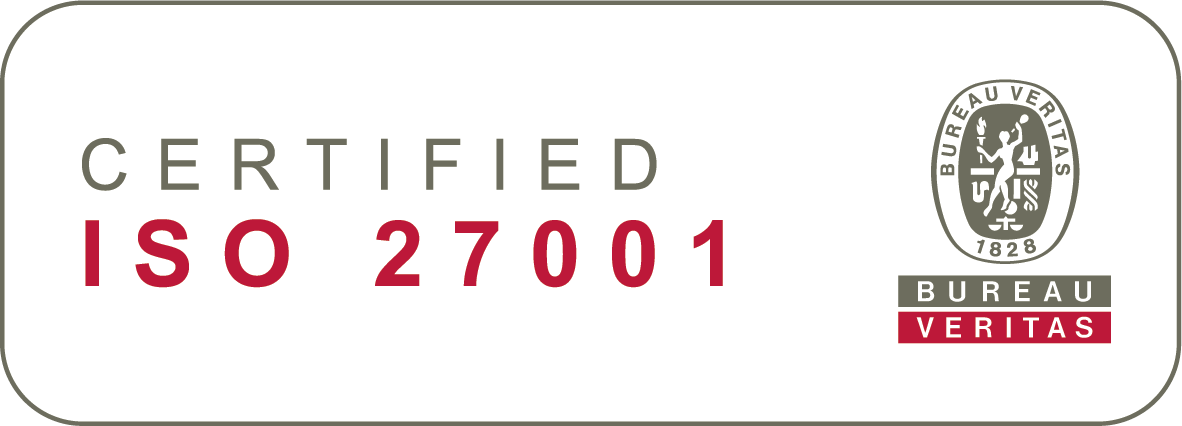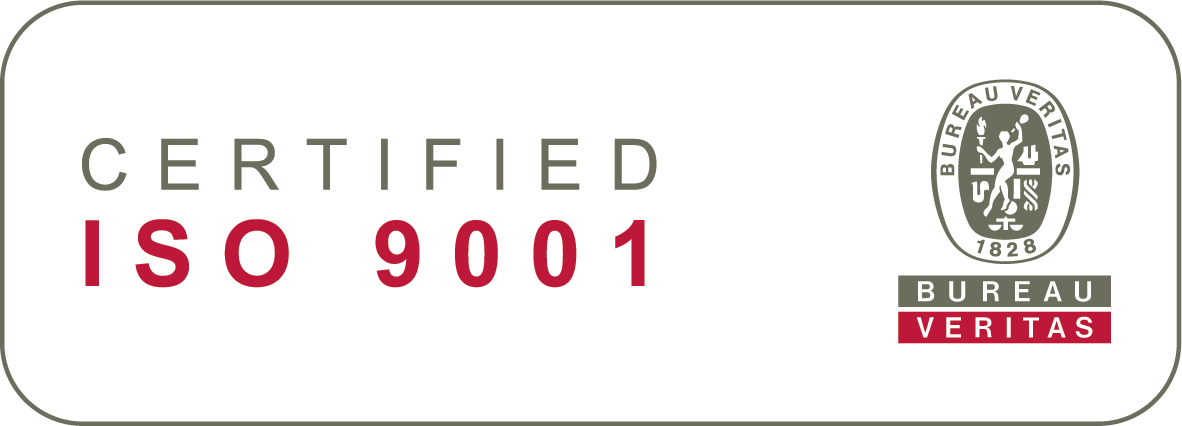You are most certainly already familiar with the concept of Artificial Intelligence, AI, but do you perceive it as something that is still very far away?
Next time you pay for your takeaway coffee at the local cafe with a credit card, please bear in mind that artificial intelligence was part of the transaction. It most probably wasn’t the coffee beans, their logistics or the location of the café in which AI was used though. It was in the fraud detection automation that your credit card provider did in the background.
AI has been a go-to term in recent years, but I’m really happy that finally in 2020 we are talking less and doing more. The reason AI, machine learning and advanced analytics have become an integral part of our lives without any conscious effort from us, is that they are becoming a part of the services we are already using. This applies to our lives at home, occasions in which we are visiting for instance the coffee place, but also at work.
In a business context, prediction is what AI is all about. Avi Goldfarb, professor at the University of Toronto said that AI is the ever-diminishing cost of prediction. Every day we’re walking the path toward being able to utilise the data that we already have to make smarter, better decisions. Logistics software can help predict changes in routing or sales software gives the sales team predictions on the companies most likely to close a deal by end of the quarter.
We are finally moving towards a maturity level where data within an organisation is easy enough to collect and thus easier to utilise. This is partially due to the cloud becoming more and more a go-to solution. When we have our data and applications in the same place – in the cloud – things become smoother. Suddenly it’s not only an IT project to get the next prediction and make better decisions. Data is also in the interest of HR. That’s why it should be of interest to you.
The reason AI, machine learning and advanced analytics have become an integral part of our lives without any conscious effort from us, is that they are becoming a part of the services we are already using.
HR has the ability to collect immense amounts of data within the organisation. Analysing that data enables predictability that supports the whole business. What if HR would be the data superuser that combines data management and the basics of how people are led? AI definitely should be part of the HR strategy and planning. What are the HR tasks that will be automated in the coming 5 years? What are the most significant metrics and how can those be automated for better predictions?
For HR at a service company, a typical business problem might be: How many service technicians do we need at a certain geographical area to hit our targets in Q2 2022? If we know that we need 6 months of training for all those technicians and a 3-month lead time to recruit all the people, we better get precise estimates as soon as possible, no? Cooperation is needed for the best results. The good news is that the same benefits can now also be grasped by HR.
Another area where analytics and optimisation can help HR is scheduling and workforce management of hourly workers. Traditional rule-based systems have been able to give you multiple scenarios that are within the hard constraints of the labor laws and the existing agreements with people already working within the organisation.
With HR analytics we can predict the fluctuations in productivity and performance. On the other hand, understanding better what drives employee satisfaction can impact how people feel about work. How improved employee happiness levels have a positive impact directly on revenue. ;Valuable data sources are employee interviews and questionnaires. By comparing these we can get better predictions. Good news again: we are already able to do just that with the help of – you guessed it right – AI.
Understanding better what drives employee satisfaction we can impact how people feel about work.
The market or business data needed to support similar decisions does not reside only within HR, but it is part of sales and business planning. For accurate predictions to be made, HR needs data from outside their own data sources. Cooperation is thus needed to achieve the best results.
Speaking of cooperation: I hope that you are excited to have, or get, analytics and artificial intelligence as your coworker. This is not a question of people against machines. Instead, we should look at people AND machines: how leveraging both helps us achieve the best results.
My question to you is:
What is your next step to capture the full potential of the data you already have and the data you could easily acquire to make better decisions more often?
Define the steps and start executing already today!
Reading suggestion
Prediction Machines: The Simple Economics of Artificial Intelligence, by Ajay Agrawal, Avi Goldfarb, and Joshua Gans.
Written by



